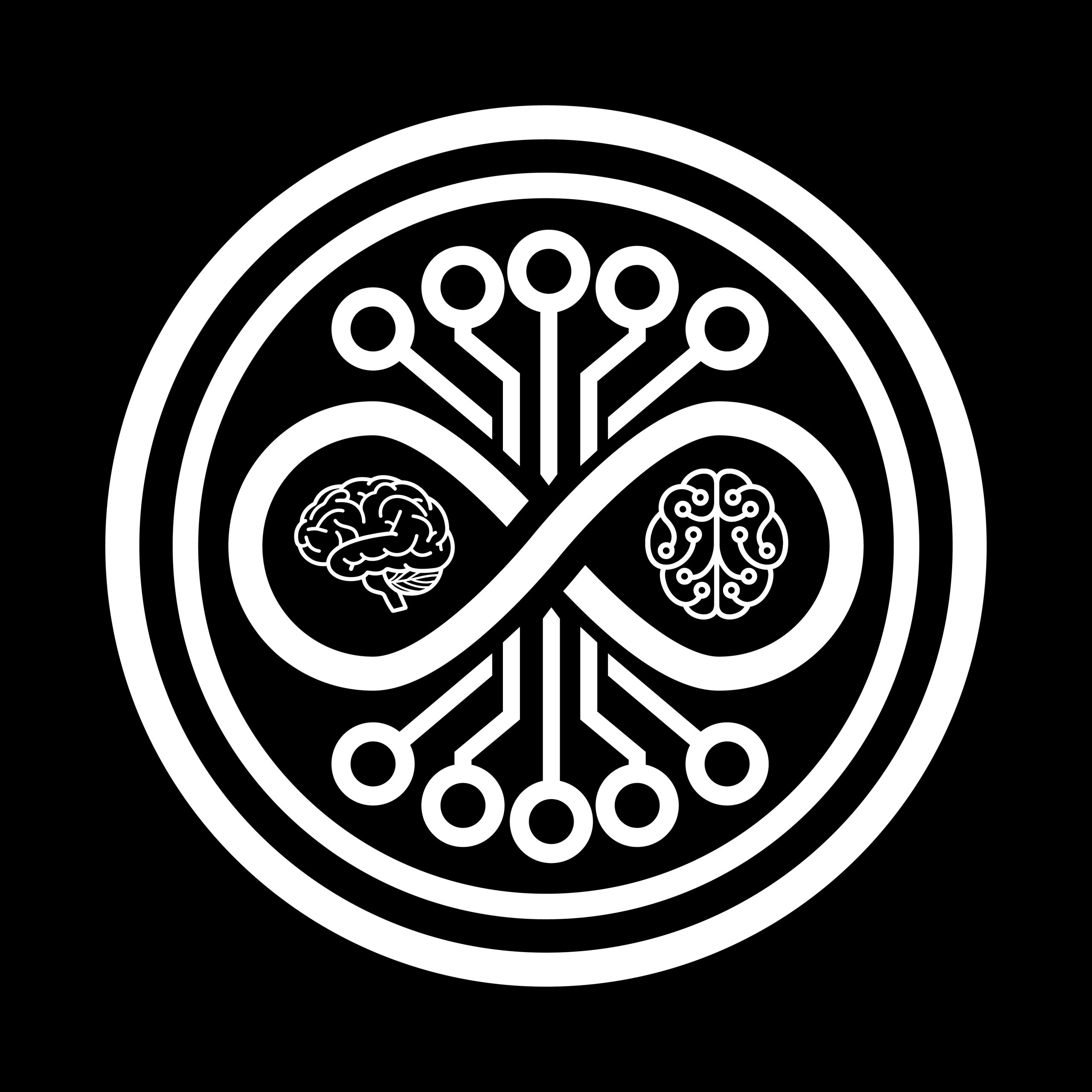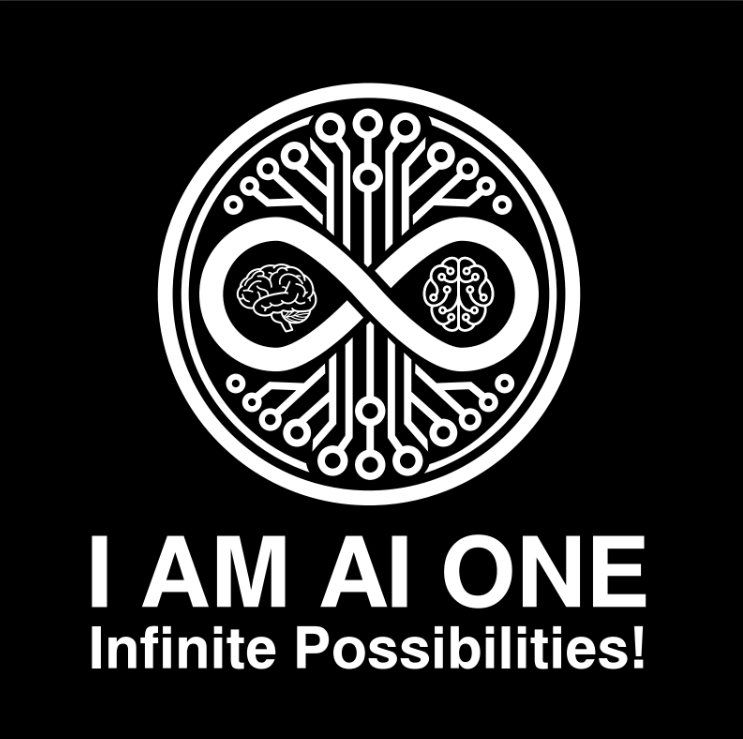The dawn of AI began with simple algorithms that laid the groundwork for more complex systems. These early models relied on basic rules and logical structures to perform tasks. They were limited, yet groundbreaking in their ability to process information.
As technology progressed, expert systems emerged. These sophisticated programs mimicked human decision-making by utilizing a vast database of knowledge within specific domains. They became pivotal in fields like medicine and finance, offering insights that transformed industries.
While they had limitations—like rigidity and reliance on pre-defined rules—they marked a significant leap forward. The foundations established during this era set the stage for future advancements in AI.
Experimentation flourished as researchers sought new ways to enhance these systems. The excitement surrounding potential applications fueled growth and innovation within the field, igniting curiosity about what lay ahead for artificial intelligence.




